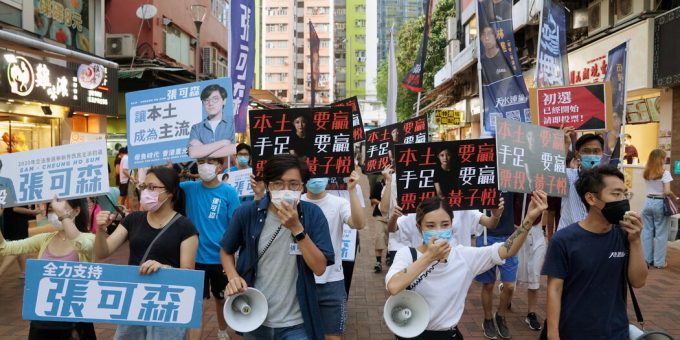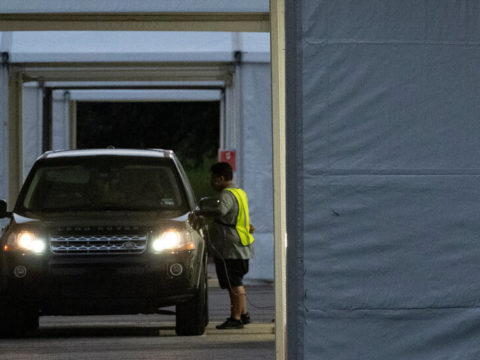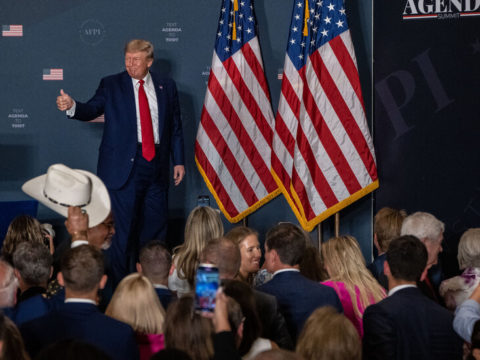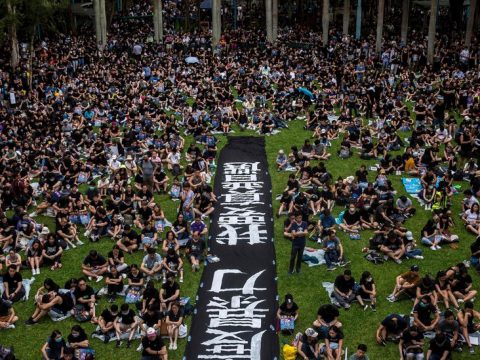
The national security law did put an end to protests, it is quelling open calls for Hong Kong’s independence or simply its right to self-determination and it is silencing much of the formal opposition. But a wing of the pro-democracy movement is quickly building up overseas, buoyed by the stream of political emigrants leaving the city. This diaspora will help sustain resistance back home, however subdued that branch of the movement might seem to become.
The drive to redefine a Hong Kong identity that is politically, culturally and linguistically independent of the mainland’s has gained momentum over the last decade, and it will only accelerate. Expect the pro-democracy movement to move even further away from the ethos of the 2014 Umbrella Revolution, with its Gandhian pacifism and its calls for respecting political rights.
Many of the activists I know might not say so openly for fear of repression, but a new spirit seems to be animating them, especially the young: the right to rebel forcefully against an unjust government, much like, for example, during the American Revolution against the British in the late 18th century.
The Hong Kong resistance’s means of mobilization keep adapting to Beijing’s repression. Think insects with I.T.-based weaponry; think autonomous swarms: an ever-larger collection of small units, each with its own objectives and action plans but all bent on fighting the puppet home regime and replacing it with a democracy.
Many such swarms are multiplying overseas. Several are lobbying host governments to enact sanctions against the C.C.P.; others are building networks among Hong Kongers in the diaspora. Some are trying to set up a shadow Parliament.
Still more activists abroad are working quietly — and many in Hong Kong have gone silent, even underground.
The Hong Kong authorities know this, of course, and they aren’t leaving anything to chance. They are considering, for example, criminalizing the possession of firearm components after some people in Hong Kong reportedly received gun parts in the mail from overseas. In other words, the authorities are worried about armed rebellion. But if an armed rebellion ever erupts, only Beijing, and mostly Mr. Xi, will be to blame.
Yi-zheng Lian, a commentator on Hong Kong and Asian affairs, is a professor of economics and a contributing opinion writer.













